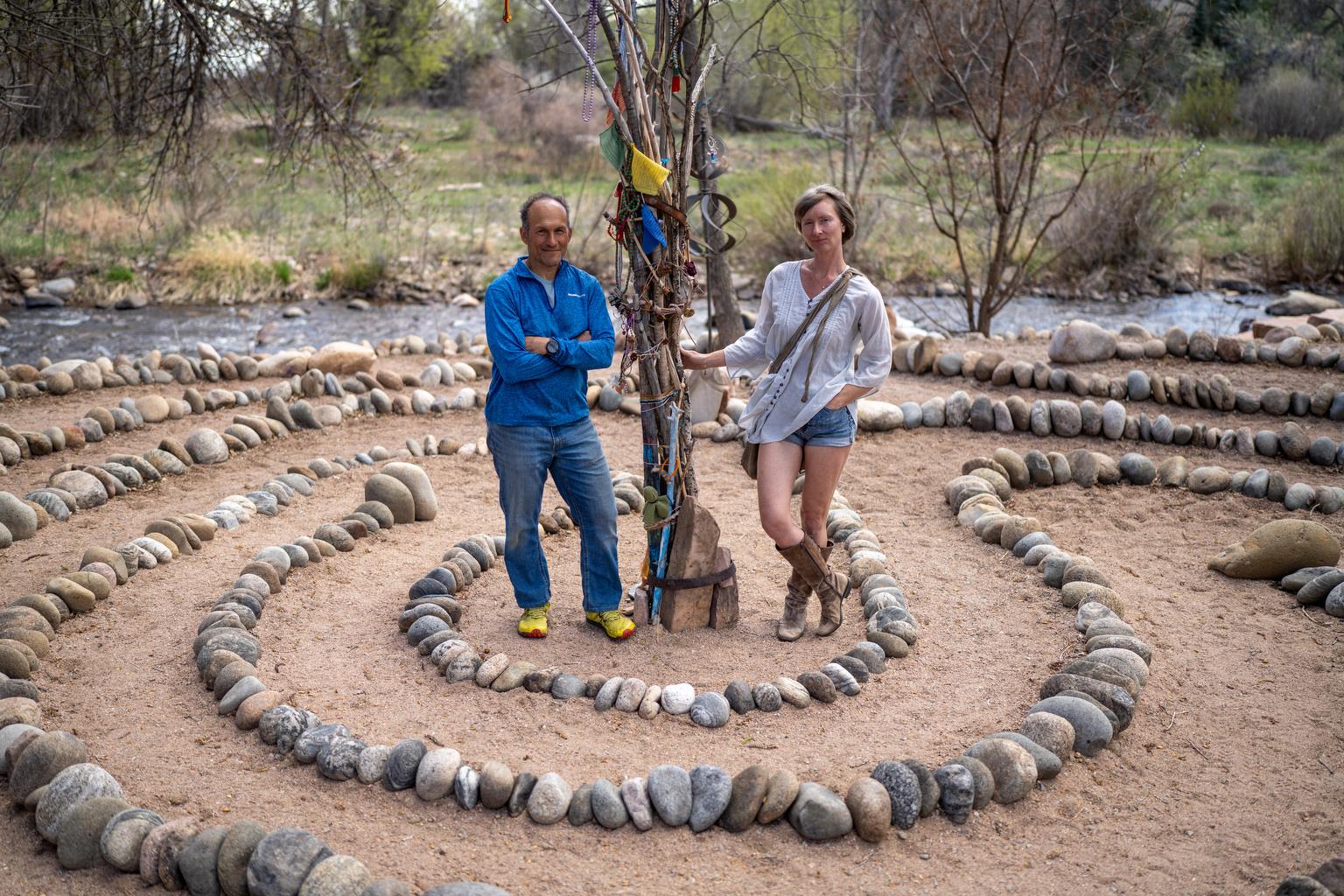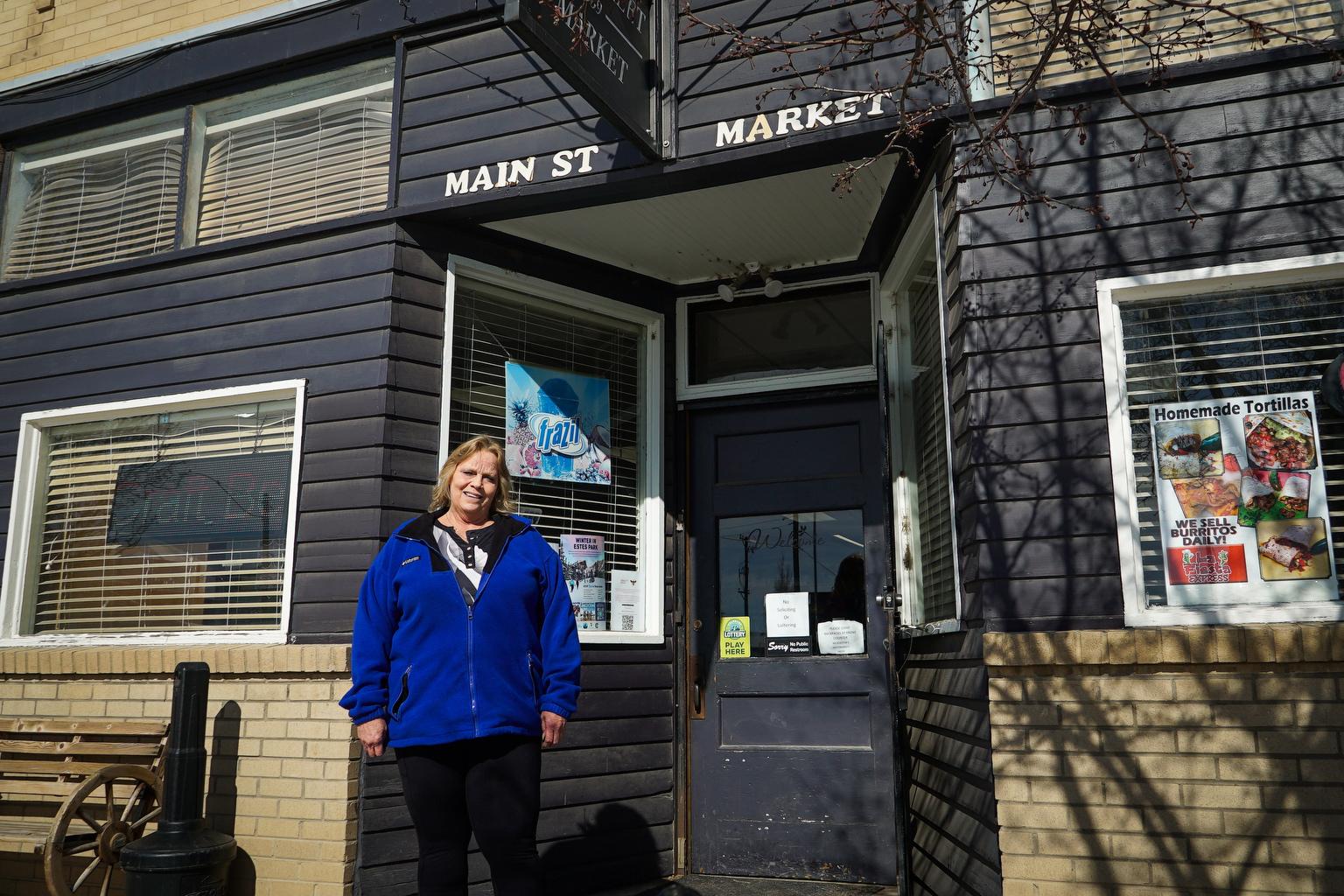Later this month will mark the 20th anniversary of the school shooting at Columbine High School. Now, current Columbine students have started a controversial campaign to try to bring more awareness to the prevalence of gun violence.
The campaign, called #MyLastShot, has become a hashtag movement on social media. That’s mostly to spread awareness about a sticker that anyone can print out and put on their ID or belongings, much like an organ donor sticker. It says, "In the event I die from gun violence, please publicize the photo of my death."
The students behind it put together a video explaining their intent. In it, they say, “if names, stats and studies aren’t going to make a difference then maybe the graphic images of our death will.”
Rachel Hill is a senior at Columbine High School and she’s one of the teen organizers in the video. “Going to Columbine,” she said, “I’ve been surrounded by survivors my entire life. I’ve heard their stories.”
But she said she hasn’t seen much meaningful change over the last 20 years when it comes to gun violence.
“I think through these photos,” Hill said, “hopefully people will have their eyes opened and they won’t be numb anymore. Right now we are so normalized to these mass shootings happening that we look away.”
The #MyLastShot campaign website directly references horrifying photos that have turned social and political tides, including Emmett Till’s open-casket, the naked girl running from a Napalm attack in Vietnam, and the Syrian toddler lying drowned on a beach.
Kathleen Culver, Director for the Center of Journalism Ethics at Wisconsin-Madison, said she understands where the students are coming from in wanting images of mass shootings to be seen.
“I do think when you are confronted by a particular kind of image that shows you the results of violence,” Culver said, “you see things in a different way than if you are protected from that image. This has been an age old debate in conflict reporting, for instance.”
Still, Culver said she worries about what could happen to these images on social media because it can be such a hard space to monitor and control.
“While these students might be trying to shine a light of truth on an issue they feel very very strongly about,” said Culver, “other people with more pernicious motivations could use those very images against them.”
Student Rachel Hill said she knows these images could be used in harmful ways. She also understands the published pictures could be triggering for friends, families, and survivors. But these possibilities are worth the risk, she said, for the chance of changing gun policy.
This story was produced by the Mountain West News Bureau, a collaboration between Wyoming Public Media, Boise State Public Radio in Idaho, KUER in Salt Lake City and KRCC and KUNC in Colorado.









